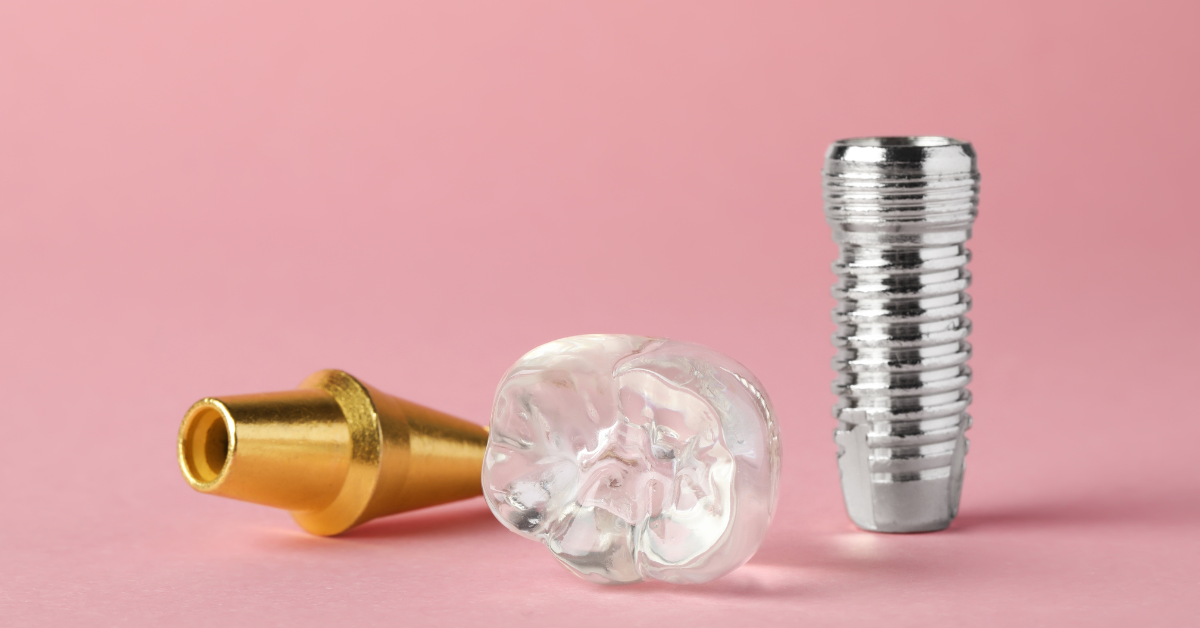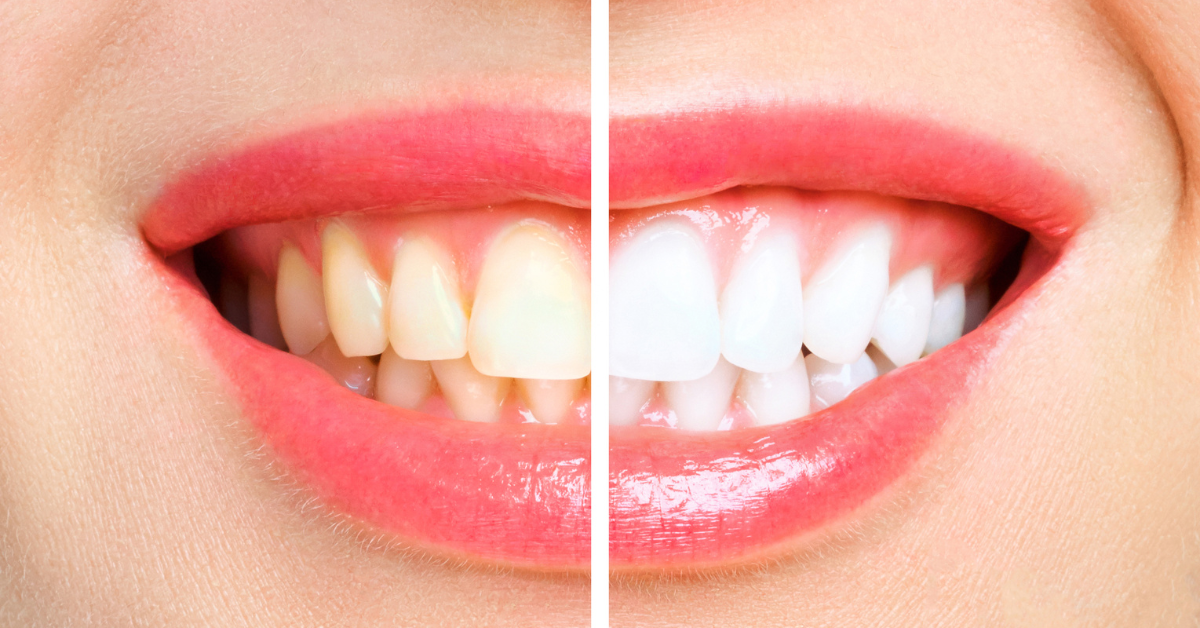Dental implant crowns have revolutionized tooth replacement, offering a durable, aesthetically pleasing, and long-lasting solution for missing teeth. While dental implant crowns are designed to be permanent, there are instances when removal may be necessary. Understanding the reasons for dental implant crown removal and the process involved can help individuals make informed decisions about their dental care.
Reasons for Dental Implant Crown Removal
Several factors may necessitate the removal of a dental implant crown:
-
Crown Damage or Failure: If the crown itself sustains damage, such as a broken or chipped surface, it may need to be removed for repair or replacement.
-
Underlying Dental Issues: If dental problems arise under the crown, such as decay or gum disease, the crown may need to be removed to access and treat the affected area.
-
Bone Loss or Implant Failure: In rare cases, bone loss around the implant or implant failure may occur, necessitating crown removal for further evaluation and treatment.
-
Adjustments or Modifications: If the dental bite needs to be adjusted or if modifications to the implant system are required, crown removal may be necessary.
Process of Dental Implant Crown Removal
Removing a dental implant crown typically involves a straightforward procedure:
-
Anesthesia: Local anesthesia is administered to numb the area around the implant.
-
Crown Removal: The dentist uses specialized tools to carefully detach the crown from the implant abutment.
-
Cleaning and Examination: The implant and surrounding area are cleaned and examined to assess the underlying condition.
-
Temporary Restoration or Implant Management: Depending on the situation, a temporary restoration may be placed or the implant may be left uncovered while the underlying issue is addressed.
Considerations for Dental Implant Crown Removal
When considering dental implant crown removal, it’s crucial to weigh the benefits and risks:
-
Benefits: Removal allows access to treat underlying dental problems and address any issues with the crown or implant itself.
-
Risks: Removal may increase the risk of implant damage or infection, and the procedure itself may cause some discomfort.
Preventive Measures to Extend Crown Longevity
To minimize the need for crown removal, consider these preventive measures:
-
Maintain Good Oral Hygiene: Practice regular brushing and flossing to remove plaque and bacteria, preventing decay and gum disease that can compromise the implant and crown.
-
Avoid Hard or Sticky Foods: Avoid biting into hard or sticky foods, as these can damage the crown or put excessive stress on the implant.
-
Schedule Regular Dental Checkups: Visit your dentist for regular checkups and cleanings to monitor the condition of the crown and implant, and detect any potential problems early on.
Conclusion
Dental implant crowns are generally designed to be permanent, but there are instances when removal may be necessary to address underlying dental issues or repair or replace the crown. Understanding the reasons for removal and the process involved can help individuals make informed decisions about their dental care. By following preventive measures and maintaining good oral hygiene, you can extend the lifespan of your dental implant crown and enjoy a healthy, confident smile. Please find the dental office near you in these locations: Attleboro, Chelmsford, Hyde Park, Jamaica Plain, Lynn, Manchester, Methuen, Roslindale, Taunton.




